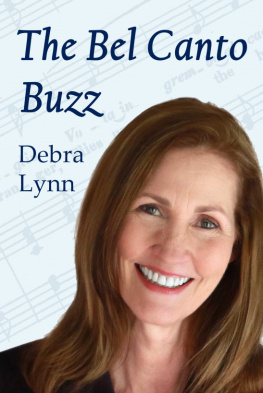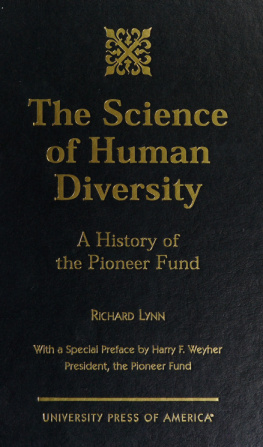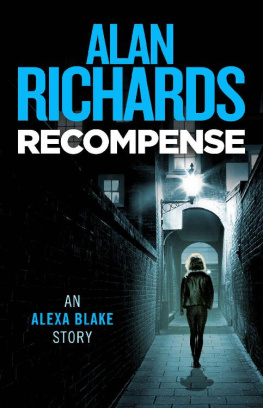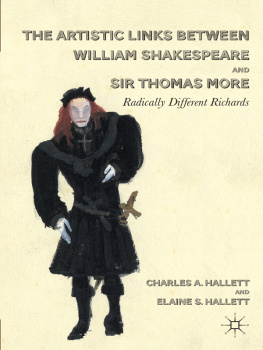Transcribed from the 1812 W. G. Whittingham edition by David Price, email ccx074@pglaf.org
THE
HISTORY
OF
LYNN,
Civil, Ecclesiastical, Political, Commercial, Biographical,
Municipal, and Military,
FROM
THE EARLIEST ACCOUNTS TO THE PRESENT TIME,
INTERSPERSED
With occasional remarks on such national occurrences as may serve to
elucidate the real state of the town, or the manners, character,
and condition of the inhabitants at different periods.
TO WHICH IS PREFIXED
A COPIOUS INTRODUCTORY ACCOUNT
OF ITS
Situation, Harbour, Rivers, Inland Trade and Navigation,
the Ancient and Modern State
OF
Marshland, Wisbeach, and the Fens,
AND
Whatever is most remarkable, memorable, or interesting, in other
parts of the adjacent country.
IN TWO VOLUMES.
BY WILLIAM RICHARDS, M.A.
Honorary member of the Pennsylvania Society, for promoting the Abolition
of Slavery, and the relief of free Negroes unlawfully held in bondage.
VOL. II.
LYNN:
PRINTED BY W. G. WHITTINGHAM,
AND SOLD BY R. BALDWIN; PATERNOSTER ROW; LONDON.
1812.
PART IV.
From the Reformation to the present time .
CHAP. I.
Miscellaneous remarks on the Reformationits rise and progress on the continentintroduction into this island, and effects upon this town.
The reformation formed a new era in the history of the world, and was one of those mighty revolutionary events which have a most extensive and lasting effect on the affairs and destinies of mankind. But men have been ever since greatly divided in their ideas and judgments concerning it. While some have hailed it as a most happy, admirable, and glorious event, fraught with heavens choicest blessings, it has been deemed by others, and even by a large majority of the inhabitants of christendom, as an exceedingly unfortunate, pernicious, and execrable occurrence, which has produced all manner of mischief, and, like the opening of Pandoras box, filled the world with calamities and miseries innumerable. The learned and the wise, as well as the illiterate and fly foolish, have been found among each of these opposite and contending parties: their respective opinions and allegations must therefore be entitled to a serious and candid hearing. But it is not intended here to go deeply or largely into this disputed subject: nor would it well accord with the plan or design of this publication. Some cursory hints, however, on a few of the most prominent facts will not, it is presumed, be either impertinent or uninstructive.
Section I.
Statement of different and opposite opinions respecting the reformationwith brief remarks.
The information, like the French revolution, seems to have been too much admired by its friends, and too much vilified by its enemies. The former, for the most part, perceive nothing in it but what is praise worthy and divine, and the latter nothing but what is detestable and devilish. The truth, probably, lies somewhere about midway between these two extremes, as is usual in most of the disputes that divide and agitate the world. The reformation had certainly some good points in it, as well as some very bad ones, that can never be too much reprobated and detested. Had they been all bad, its friends would have defended them, for they have actually and unblushingly defended its very worst points;
The friends of the reformation consider the original and chief actors in that great revolutionary work as excellent men, actuated by a right apostolical and christian spirit, with a view to the restoration of primitive christianity, and the promotion of the best interests of mankind. Their opponents, on the contrary, consider them in a very different light, and hold them up as persons of a disreputable character, who were actuated by very unworthy and base motives, from whose thoughts nothing could be further than the restoration of genuine christianity, or the promoting of real benevolence, philanthropy, or human happiness. It will not be safe to give implicit credit to either of these representations. There were, certainly, some good men concerned in the reformation, and there were also some very bad men concerned in it, whose misdeeds ought never to be palliated; and these were probably the most numerous and the most powerful, or the work, surely, would have been more worthy of our praise and admiration.
The reformation, in the judgment of its admirers, was eminently calculated to promote the cause of truth and virtue, and inculcate the practice of piety, morality, and all manner of good works. All this, however, is flatly contradicted by the champions of the opposite cause, who positively affirm that the doctrines of the reformers were, in the very nature of them, of an evil, immoral and impious tendency:alluding to the grand Lutheran tenet of justification by faith without works, This opinion of the evil tendency of the reformation, or of the reformed doctrine, they represent as further corroborated and established by undeniable facts, and authentic historical evidence; or in other words, by its immediate effects, or the very first fruits it produced wherever it did prevail.
Those who advocate the cause of the reformers say that their labours were abundantly fruitful of good works, and that their doctrine produced the happiest effects wherever it was received. But their opponents flatly deny it, and positively assert that the very reverse was actually the case: and they support their assertion, not only by referring to those long and bloody wars which resulted from the reformation, but also to the express testimony of credible witnesses, who affirm, that vice and immorality greatly increased wherever protestantism became predominant. Nor is it a little remarkable that these same witnesses are, for the most part, some of the very chief reformers; so that their evidence comes with a force that cannot well be resisted. Some of them belonged to the continent, and others to this kingdom; but we shall in this place bring forward only the former, reserving the latter till we come to exhibit the rise and progress of the reformation in this country.
We shall begin with Luther , whose testimony on this occasion is very strong and remarkable.The world (says he) grows worse and worse. It is plain that men are much more covetous, malicious, and resentful, much more unruly, shameless, and full of vice, than they were in the time of popery.
Calvins evidence in this case seems also to be equally forcible and decisive: Of so many thousands (says he) seemingly eager in embracing the gospel, how few have since amended their lives? Nay, to what else does the greater part pretend, except by shaking off the heavy yoke of superstition to launch out more freely into every kind of lasciviousness? Thus said Calvin. When the character of the reformation is duly and thoroughly considered, and especially that of Calvins own doctrine, it is no great wonder that such effects should follow. It would have been much more wonderful if they had not followed; at least, when we further consider the abominable conduct, the vile and bloody deeds that were sanctioned by the same reformers own example. Had he been a different sort of man, these unsightly fruits of his labours might have led him to doubt the soundness of his faith, or suspect that his creed did not altogether tally with the doctrine that is according to godliness. But from him it could not be expected.



![William Richards - The History of Lynn, Vol. 1 [of 2]](/uploads/posts/book/431254/thumbs/william-richards-the-history-of-lynn-vol-1-of.jpg)








